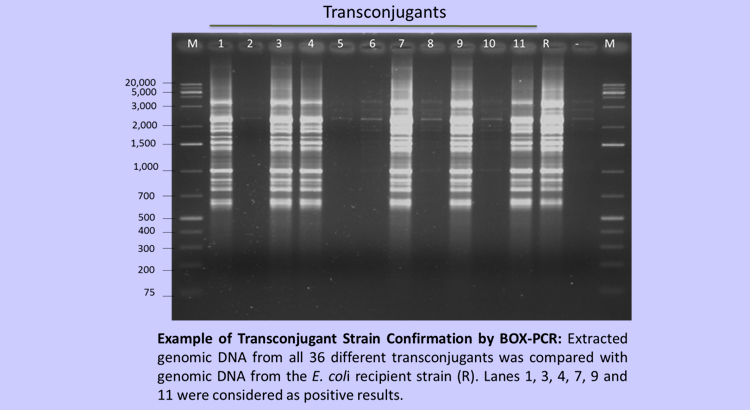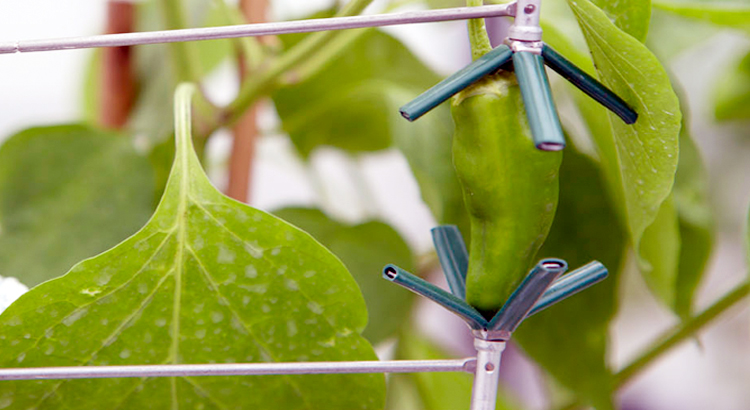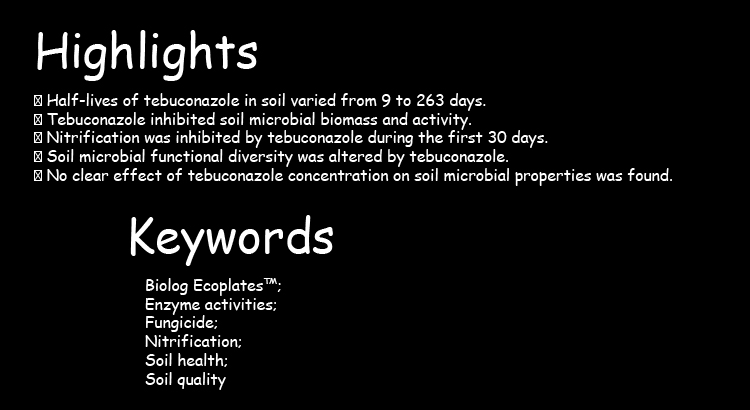The spread of antibiotic resistance among bacteria has become one of the most important health problems. The problem relays on the dissemination of antibiotic resistance genes by conjugative plasmids. Increasing antibiotic concentrations in clinical and natural environments enhance this problem. Many antibacterial compounds have their roots in natural environments, such as soils. As a consequence, bacteria have coevolved and shared resistance mechanisms and genes along evolution.
Within the field of antibiotic resistance, we have recently established a new collaboration with the group of Dr. Itziar Alkorta from the University of the Basque Country on the search of new conjugative plasmids from soils in which high concentrations of heavy metals and antibiotics are present as a result of mining activities and animal manure amendments. One of our main objectives is to study the effect of these plasmids on the fitness and phenotype of recipient bacteria.
Using the Exogenous Plasmid Isolation technique, the group of Dr. Itziar Alkorta obtained, from 10 different soils, a total of 10 Escherichia coli transconjugants selected with ampicillin, erythromycin, chloramphenicol or streptomycin. We are currently performing some studies on the effect of the acquisition of these plasmids on the fitness and phenotype of these E. coli transconjugants.




